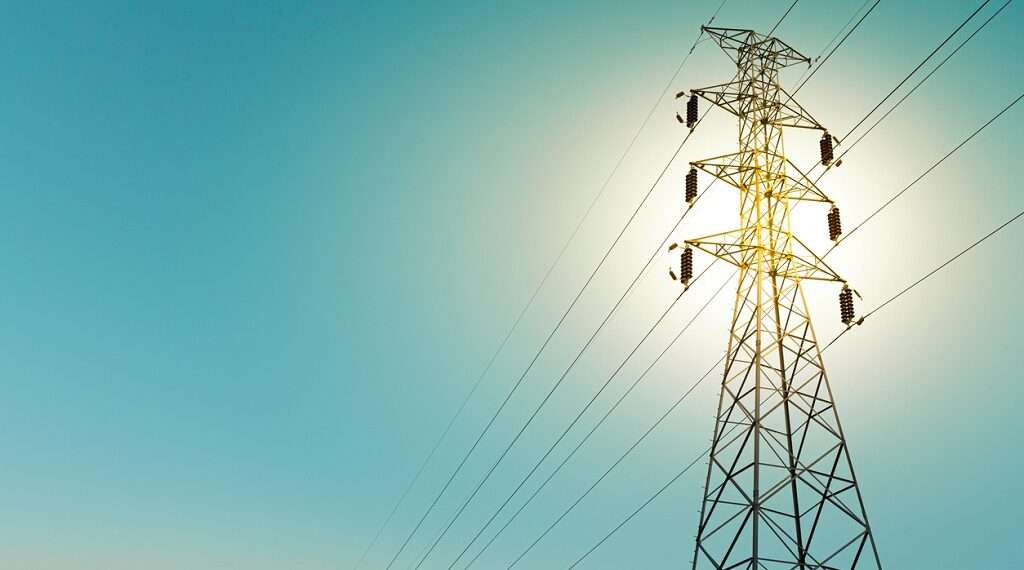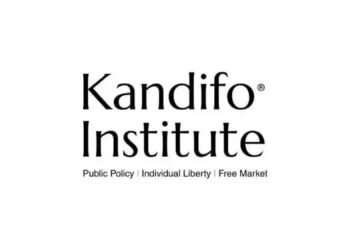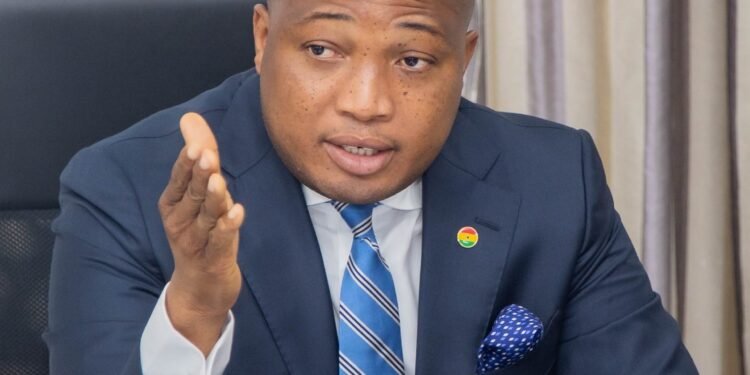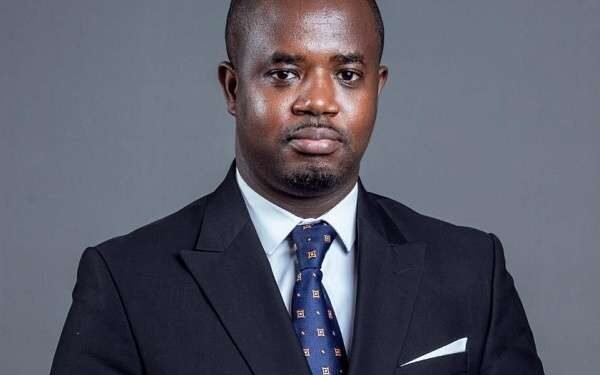The Executive Director of the Africa Centre for Energy Policy (ACEP), Benjamin Boakye, has raised serious concerns about the perilous state of Ghana’s energy sector.
In a strongly worded opinion piece addressed to President-elect John Mahama, Boakye called for immediate, strategic action to salvage the sector, which he warns poses a severe threat to Ghana’s economic stability.
“The energy sector has been systematically decimated, enriching a few while the public bears the burden through the budget, levies, and high margins.”
Ben Boakye, Executive Director of the Africa Centre for Energy Policy (ACEP)
These inefficiencies and waste have far-reaching implications, especially in a country that depends heavily on its energy sector to drive economic growth. Boakye argued that without swift intervention, the sector’s poor performance will exacerbate Ghana’s already precarious fiscal challenges.
Boakye highlighted the staggering financial losses within Ghana’s energy sector, revealing that over GH¢50 billion is wasted annually. This colossal sum not only dwarfs Ghana’s annual oil revenue but also represents a significant economic burden that undermines the nation’s development.
One of the central issues outlined in Boakye’s critique is the bloated structure of Ghana’s energy agencies and companies. According to him, the sector is burdened by overstaffing fueled by political appointments and redundancies that have created inefficiencies at every level.
“The energy sector is riddled with agencies and companies that are 4-5 times larger than what was needed to perform the same work eight years ago,” Boakye noted.
This overstaffing has led to the creation of redundant directorates and unnecessary institutions, which weigh heavily on the public purse.
In an environment where resources are limited, this inefficiency stifles innovation, reduces productivity, and impedes the sector’s ability to address urgent challenges.
Boakye singled out the Electricity Company of Ghana (ECG) as a prime example of the mismanagement plaguing the energy sector. He described the ECG as a major financial liability, stating:
“Politicians have mismanaged it to the point where it has become the single largest dependant of the national budget.”
Ben Boakye, Executive Director of the Africa Centre for Energy Policy (ACEP)
Years of poor governance, procurement abuses, and inefficiencies within the ECG have left it unable to function effectively. The company’s failure to collect revenue and its reliance on subsidies from the national budget create a cycle of dependency that worsens Ghana’s fiscal health.
Petroleum Sector: Inflated Costs and the “Black Tax”
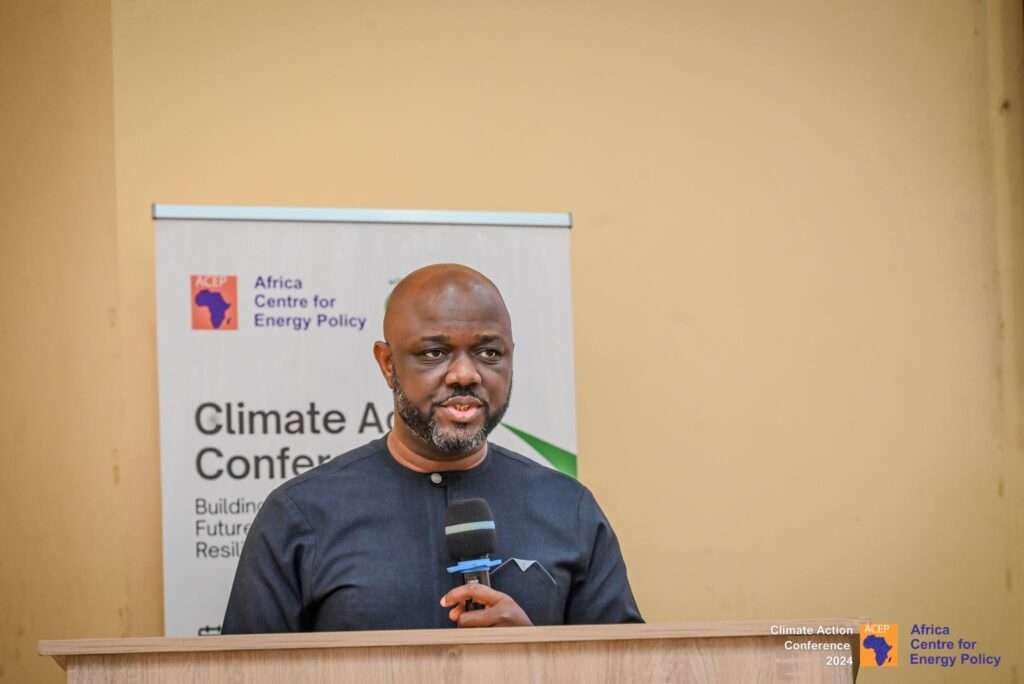
In addition to problems in electricity distribution, Boakye pointed to waste and inefficiency in the downstream petroleum sector. He revealed that over GH¢6 billion is being lost annually due to inflated margins and wasteful practices designed to sustain political interests.
This “black tax,” as Boakye described it, disproportionately burdens Ghanaians, who pay higher prices for petroleum products as a result.
He argued that redirecting these funds could help address critical development needs, such as improving healthcare, education, and infrastructure.
Boakye also warned of an unfolding crisis in Ghana’s upstream oil and gas sector. He expressed concern about declining investor confidence, driven by uncertainties around gas payments and policy missteps. Without corrective action, he warned, the sector could lose its potential to generate much-needed revenue.
“We are witnessing its decline unfold before our eyes,” Boakye stated, adding that Ghana has the potential to unlock $2 billion in investments by 2025, out of a possible $6 billion in the medium term.
Restoring confidence in the upstream sector, he argued, would require decisive action to address procurement abuses, ensure transparency, and create a stable policy environment for investors.
In his message to President-elect Mahama, Boakye called for a “surgical examination” of the energy sector to restore order and efficiency. He emphasized the need for bold and immediate reforms to address the structural problems that have plagued the sector for years.
The concerns raised by Benjamin Boakye come at a critical time for Ghana, as the nation grapples with high debt levels and economic uncertainty. The energy sector, once a driver of growth, has now become a liability, threatening to derail efforts to stabilize the economy.
For President-elect Mahama, the task ahead is daunting. The reforms proposed by Boakye will require political will, technical expertise, and a commitment to transparency and accountability.
However, the cost of inaction is far greater. Without urgent intervention, Ghana risks losing not only its energy sector but also the economic stability that depends on it.
As Boakye put it, fixing the energy sector is “a matter of urgency” that demands decisive leadership and bold action. Whether the incoming administration will rise to the challenge remains to be seen.
READ ALSO: Mahama Condemns Post-Election Violence, Calls for Unity

